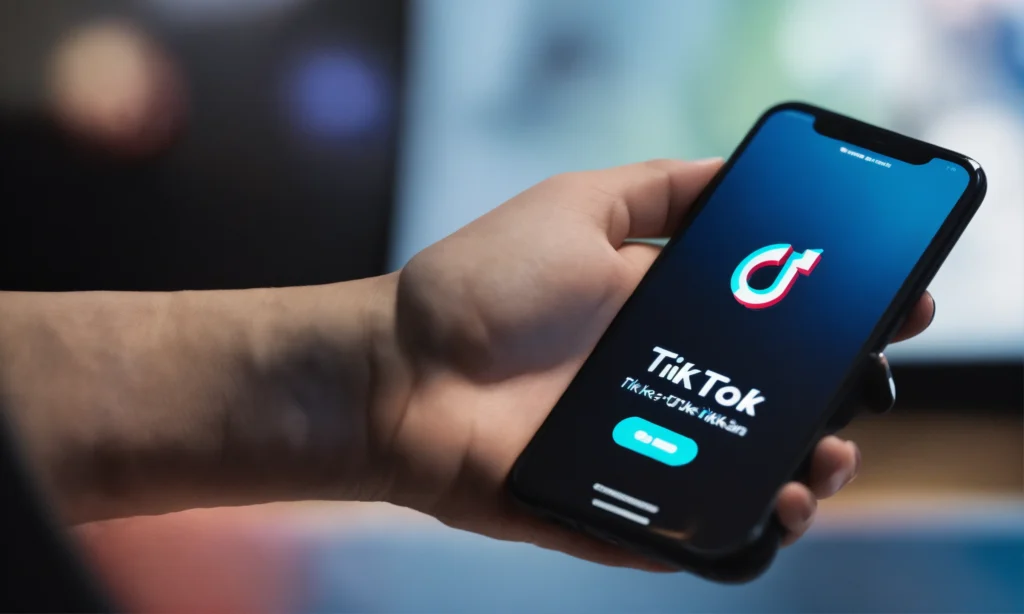TikTok, a favorite app for millions of Americans, is under scrutiny in the U.S., with discussions about a potential TikTok banned scenario intensifying. At the heart of this debate lies concern over national security and data privacy, as TikTok’s parent company, ByteDance, is based in China. This situation has significant implications for users, businesses, and freedom of speech. Let’s explore the key issues, the potential outcomes of TikTok being banned, and what it means for the future of social media in the U.S.
Why TikTok Is in the Spotlight

TikTok is known for its entertaining short videos, including viral dances, tutorials, and comedy sketches. However, its Chinese ownership has raised alarm bells among U.S. lawmakers. They worry that ByteDance might be compelled to share user data with the Chinese government, posing a risk to national security. This is especially concerning as TikTok collects vast amounts of data, including location, browsing history, and personal interests.
What Is the Government Doing?
In March 2024, the U.S. House of Representatives passed a bill that could lead to TikTok being banned unless ByteDance sells its ownership. The proposed legislation reflects concerns about foreign influence and data misuse. However, the bill still requires Senate approval, and the debate isn’t just political—it’s legal too.
Legal and Ethical Challenges
TikTok’s potential ban is controversial. Critics argue it could violate the First Amendment, which protects free speech. TikTok isn’t just an app; it’s a platform for creativity, self-expression, and even political discourse. Courts have previously blocked attempts to restrict the app, citing concerns about government overreach and the suppression of speech.
Businesses, influencers, and creators also rely on TikTok to reach audiences and generate income. A ban could disrupt these livelihoods, forcing users to find alternative platforms.
TikTok’s Response
TikTok has made efforts to address security concerns, including storing U.S. user data on American soil and introducing stricter transparency measures. The company denies sharing data with the Chinese government and argues that it operates independently of its parent company.
How a Ban Could Impact You
For everyday users, a ban would mean losing access to a favorite app for entertainment and connection. For creators and small businesses, it could mean losing a valuable tool for reaching audiences. TikTok’s algorithm is uniquely effective at delivering content to the right viewers, making it a game-changer for marketing and community-building.
If TikTok is removed from app stores, users who already have it installed may still access it for a time, but updates and security fixes would stop. Over time, the app could become obsolete.
The Broader Implications
The TikTok debate highlights a bigger issue: how governments handle the intersection of technology, data security, and global politics. The U.S. has heightened its scrutiny of Chinese tech companies, reflecting broader tensions between the two nations.
This situation also raises questions about the balance between national security and individual freedoms. Can a government prioritize safety without infringing on personal rights?
What Can You Do?

If you’re a TikTok user or creator, here are some steps to consider:
- Back Up Your Content: Save your favorite videos or any content you’ve created.
- Explore Alternatives: Platforms like Instagram Reels, YouTube Shorts, and Snapchat Spotlight offer similar features.
- Stay Updated: Follow reliable news sources to keep track of developments regarding the TikTok ban.
PS5 Slim vs PS5: Are You Getting the Same Experience?
Conclusion
The fate of TikTok in the U.S. remains uncertain, but one thing is clear: this debate isn’t just about one app. It’s a reflection of larger issues about technology, privacy, and freedom. For now, users can continue to enjoy TikTok, but it’s wise to stay informed and prepared for potential changes.
As discussions continue, the future of TikTok will likely shape how we think about social media, data security, and the relationship between governments and tech companies.


